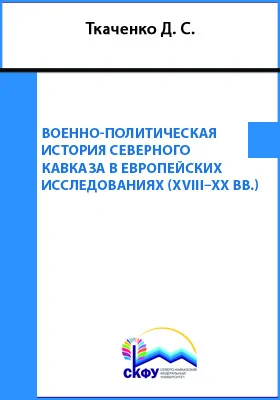Военно-политическая история Северного Кавказа в европейских исследованиях (XVIII–XX вв.) = Military and Political History of the North Caucasus in the European Studies (XVIII–XX cc.)
Здесь можно купить книгу "Военно-политическая история Северного Кавказа в европейских исследованиях (XVIII–XX вв.) = Military and Political History of the North Caucasus in the European Studies (XVIII–XX cc.)" в печатном или электронном виде. Также, Вы можете прочесть аннотацию, цитаты и содержание, ознакомиться и оставить отзывы (комментарии) об этой книге.
Автор: Дмитрий Ткаченко
Форматы: PDF
Издательство: Северо-Кавказский Федеральный университет (СКФУ)
Год: 2015
Место издания: Ставрополь
ISBN: 978-5-9296-0741-7
Страниц: 141
Артикул: 19090
Возрастная маркировка: 16+
Краткая аннотация книги "Военно-политическая история Северного Кавказа в европейских исследованиях (XVIII–XX вв.)"
Пособие подготовлено в соответствии с требованиями ФГОС ВПО к подготовке выпускника для получения квалификации магистра. Предназначено для студентов, обучающихся по направлению подготовки 46.04.01 – История, магистерская программа «Отечественная История».
Содержание книги "Военно-политическая история Северного Кавказа в европейских исследованиях (XVIII–XX вв.) "
FOREWORD
INTRODUCTION TO THE COURSE: GEOPOLITICAL, HISTORICAL AND CULTURAL DIVISION OF THE CAUCASUS
Lecture 1. North Caucasus in the Ancient and Medieval Descriptions
Lecture 2. Ethnic, Military and Political Situation in the North Caucasus in the Eve of the New Age (XVIII c.)
Lecture 3. Mutual Relations Between the Caucasian People and Russia
Lecture 4. Russian Military and Political Advance in the North Caucasus in XVI–XVII c.
Lecture 5. Cossacks Communities in the Borderlands
Lecture 6. The Commencement of the Imperial Scientific Caucasus Study in the XVIII – First Decades of the XIX c.
Lecture 7. Life on the Great Defense Line: Russian Colonists in the North Caucasus
Lecture 8. Explorations and Studies in the Conditions of the Caucasus War
Lecture 9. North Caucasus in the Conditions of the Russian Empire’s Modernization
THE COURSE CONCLUSIONS
FURTHER READING
LIST OF ILLUSTRATIONS
Все отзывы о книге Военно-политическая история Северного Кавказа в европейских исследованиях (XVIII–XX вв.)
Отрывок из книги Военно-политическая история Северного Кавказа в европейских исследованиях (XVIII–XX вв.)
52Military and political history of the North Caucasus... First Russian Forts Foundation. From the middle of the XVI c. the Russian front-ranked bases, so-called “state” or even “Sovereign’s” towns were founded in the region. These settlements were founded at the manner, similar to the former style of the Russian “Wild Field” steppes colonization. All of them were built according to straight requests of the Moscow state’s foreign policy, having their main aim – to stop the Crimean’s cavalry movement by the “Ottoman Road”. It seemed, that problems of the further region colonization, didn’t worry the Moscow government that time at all. Anyway, building fortified settlements, and placing armed man so far from its borders, Moscow Tsars sometimes formally violated international agreements with the Persians and Ottomans.The first Russian fortified town in the North Caucasus, called in the historical literature as Sunja Town, was built in 1567. It was founded by Astrakhan commanding voevodas Andrey Babichev and Peter Protasyev, who arrived to the left bank of Terek opposite the place of its confluence with the mountain river Sunja – the border, separated the Kabardians and the Kumyks lands. The fortified settlement was built by the Ivan Grozny’s father in-law Temruck Idarov’s request to have a military force, enough to protect this allied local-ruler from the Crimeans’ and Ottomans’ attacks.Being built as a chopped wood settlement, the fort wasn’t strongly armed. Its fortifications were solemnly built from wood and ground; it had also some wooden watchtowers and a moat. The garrison of Sunja Town consisted from the Muscovites shooters (so-called “streltsi”), who were lately replaced by the Grebensky Cossacks regiment groups.In 1571 the Ottoman Sultan declared, that the Sunja Town’s foundation had violated the international treaty, concluded by the Moscow Tsar with him. So, the town was razed to the ground, but in 1578 it was rebuilt again and Russian garrison succeeded...
С книгой "Военно-политическая история Северного Кавказа в европейских исследованиях (XVIII–XX вв.)" читают
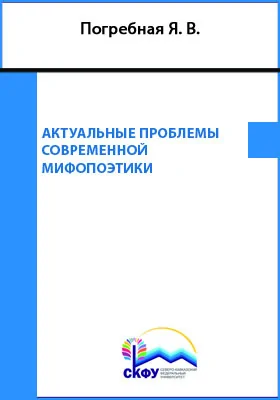
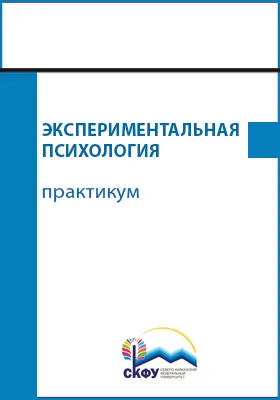
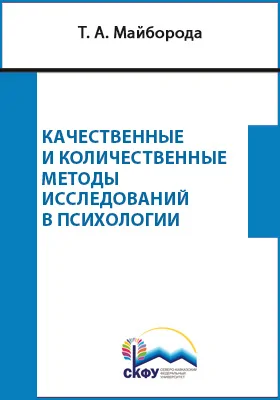

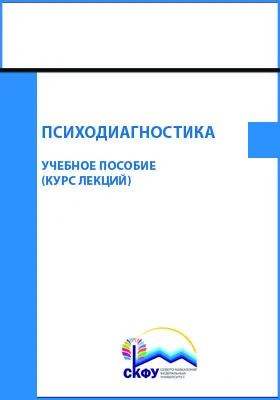
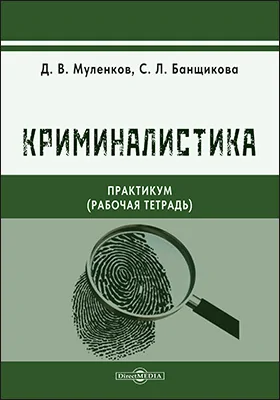


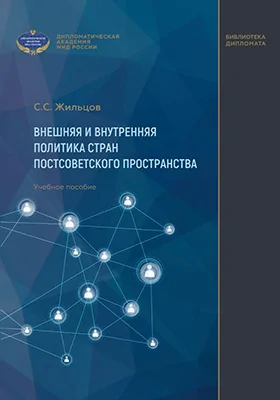
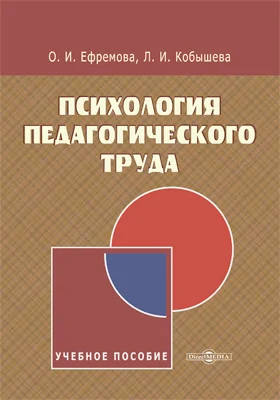


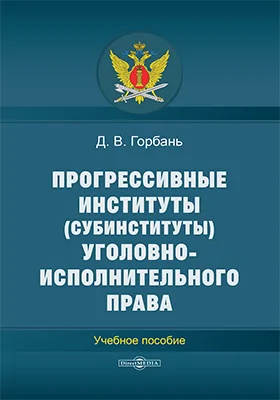
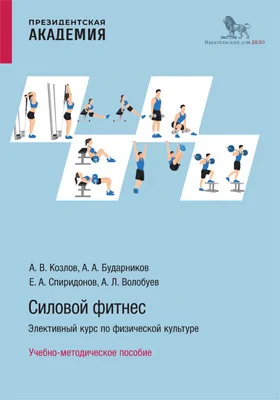
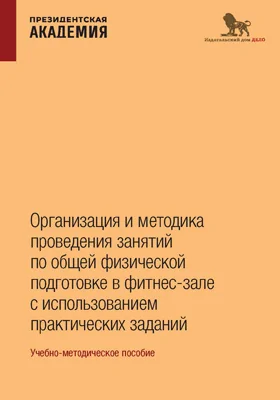
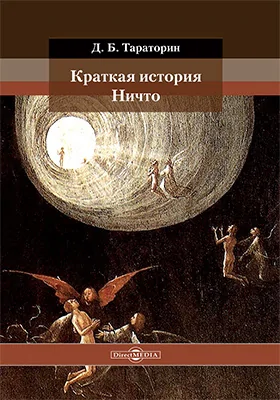
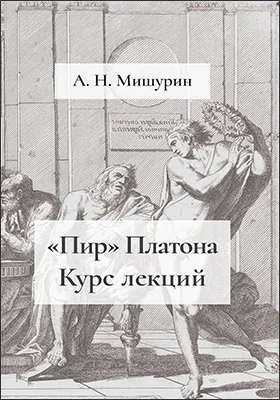
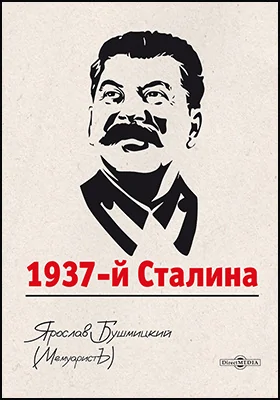
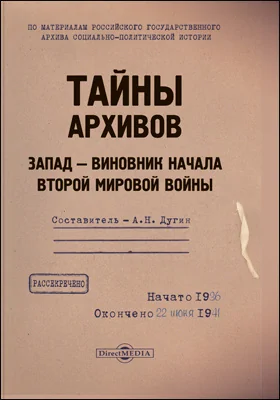
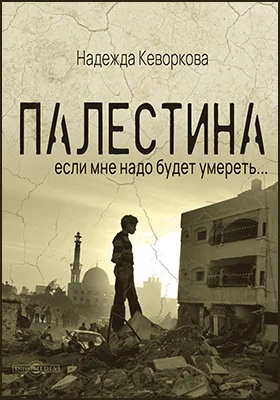
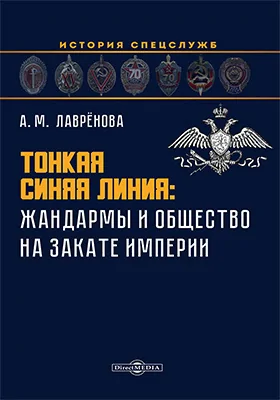

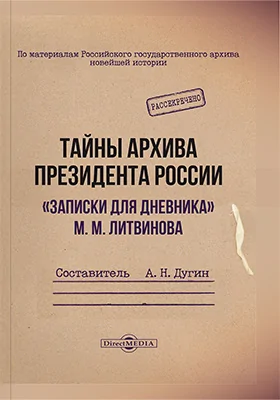
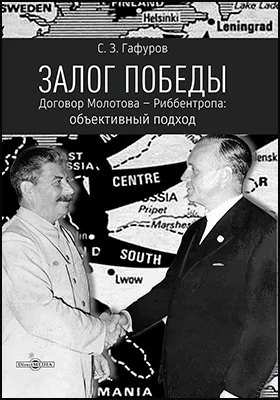
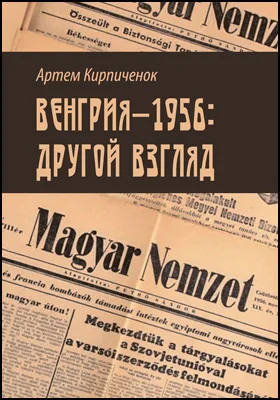
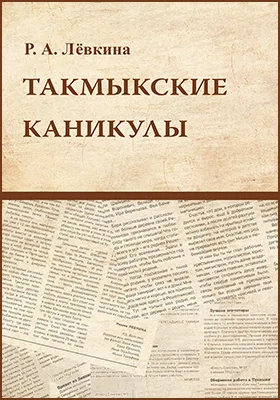
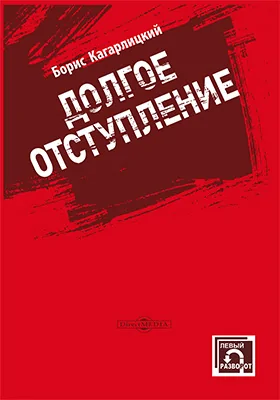
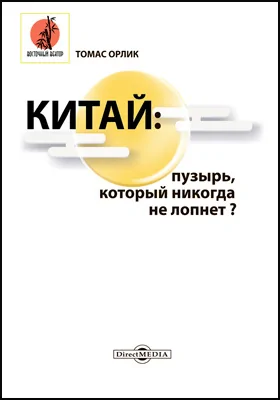
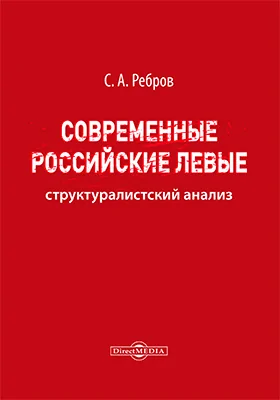
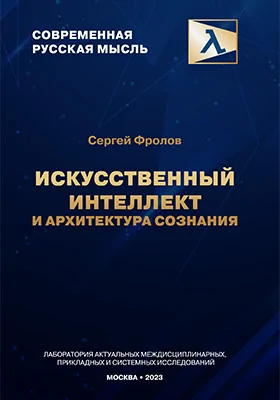
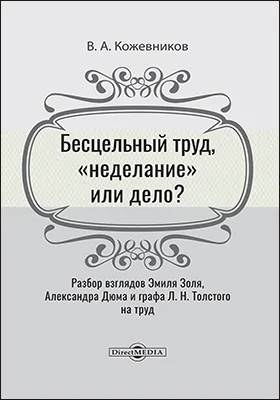
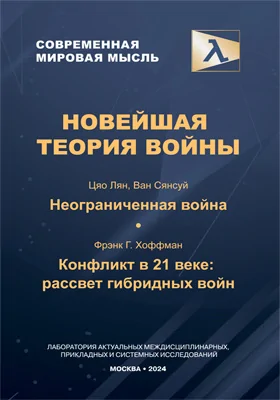
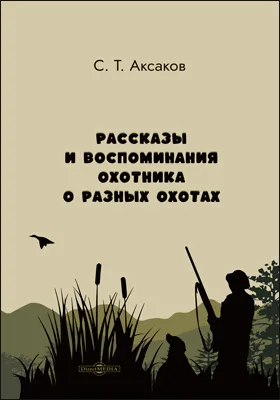
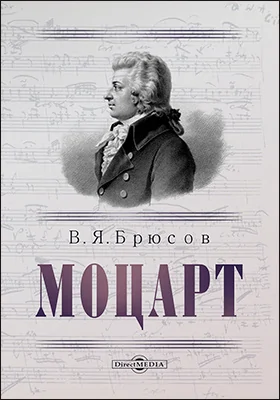
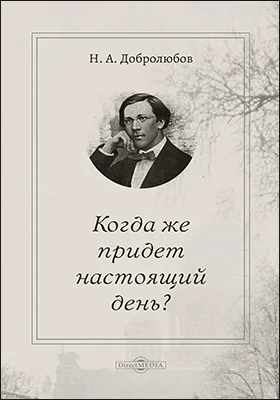

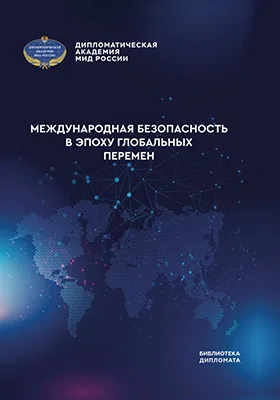
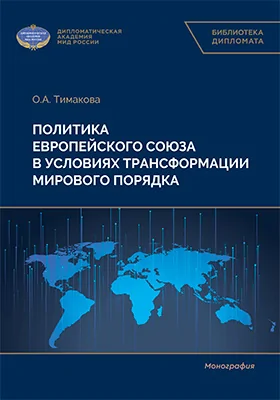
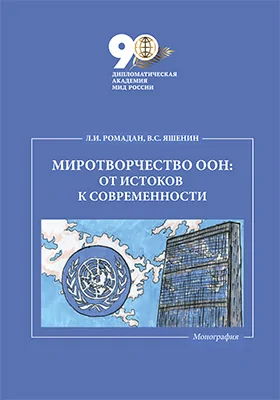

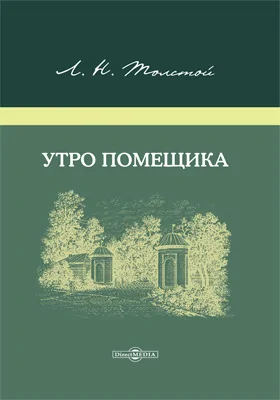
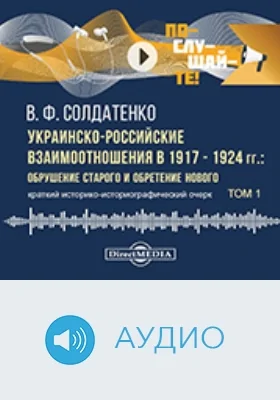






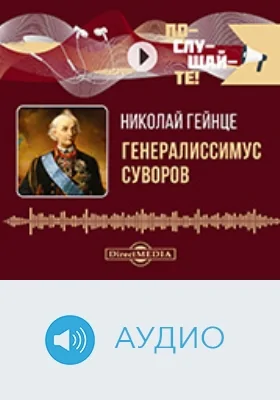





Внимание!
При обнаружении неточностей или ошибок в описании книги "Военно-политическая история Северного Кавказа в европейских исследованиях (XVIII–XX вв.) = Military and Political History of the North Caucasus in the European Studies (XVIII–XX cc.) (автор Дмитрий Ткаченко)", просим Вас отправить сообщение на почту help@directmedia.ru. Благодарим!
и мы свяжемся с вами в течение 15 минут
за оставленную заявку

